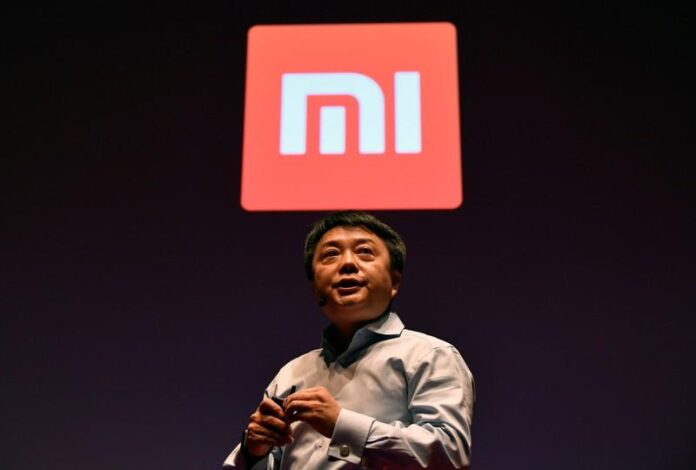The economic impact of the global chip shortage that has persisted for several months since 2020 could soon be felt directly by phone users as phone makers continue to grapple with the challenge of increased smartphone production costs. The chip shortage mainly affected the automotive industry at the early stages.
Xiaomi’s president Wang Xiang said that his company has been grappling with increased production costs due to the shortage of semiconductors needed for smartphones. There was every likelihood that the increased production cost would lead to higher prices of several of its forthcoming smartphones.
Some chipmakers have announced plans for expansion in capacity but the impact on global chip supply may not become apparent until after two years due to the intricate and complex processes involved in chip production.
According to Reuters, Qualcomm Inc, a key supplier to Xiaomi, is having trouble meeting orders for major smartphone brands.
When speaking to investors, Wang added, “We are feeling pressure, but we are looking okay.”
In the fourth quarter, sales increased by 24.8 percent year on year to 70.5 billion yuan ($10.8 billion), while adjusted net profit increased by 36.7 percent to 3.2 billion yuan.


